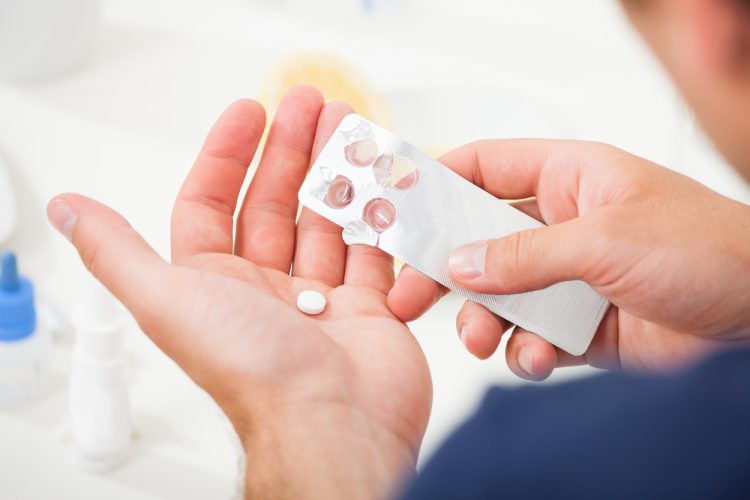EMA advises continued use of hypertension drugs during COVID-19 pandemic
Posted: 30 March 2020 | Victoria Rees (European Pharmaceutical Review) | No comments yet
The EMA has said that patients should continue to use angiotensin converting enzyme (ACE) inhibitors and angiotensin receptor blockers (ARBs), despite reports that these worsen COVID-19 infections.


The European Medicines Agency (EMA) has issued an announcement, advising the continued use of medicines for hypertension, heart or kidney disease during COVID-19 coronavirus pandemic.
The organisation says it is aware of recent media reports and publications which question whether some medicines, for instance angiotensin converting enzyme (ACE) inhibitors and angiotensin receptor blockers (ARBs or sartan medicines), could worsen the COVID-19 coronavirus. ACE inhibitors and ARBs are most commonly used for treating patients with high blood pressure, heart failure or kidney disease.
The EMA emphasises that it is important patients do not interrupt their treatment with ACE inhibitors or ARBs and there is no need to switch to other medicines; there is currently no evidence from clinical or epidemiological studies that establishes a link between ACE inhibitors or ARBs and the worsening of COVID-19.
These medicines work by affecting the renin-angiotensin-aldosterone system (RAAS). As the virus uses a target called angiotensin converting enzyme 2 (ACE2), which is part of this system to enter human cells and the medicines can increase ACE2, one of the suggestions is that they could also increase virus activity. However, the interactions of the virus with the RAAS in the body are complex and not completely understood.
As the public health crisis rapidly extends across the globe, the EMA highlights that scientific research is ongoing to understand how the severe acute respiratory syndrome coronavirus 2 (SARS-CoV-2) reproduces in the body, interacts with the immune system and causes disease as well as whether ongoing treatment with medicines such as ACE-inhibitors and ARBs could impact the prognosis of COVID-19.
The EMA says it is helping to co-ordinate urgent ongoing research and is fully committed to keep the public up to date with any development in this field.
Medicines should be prescribed and used in line with clinical judgement, taking due note of any warnings and other information provided in the summary of product characteristics (SmPC) and the package leaflet, as well as guidance issued by the World Health Organization (WHO) and relevant national and international bodies.









